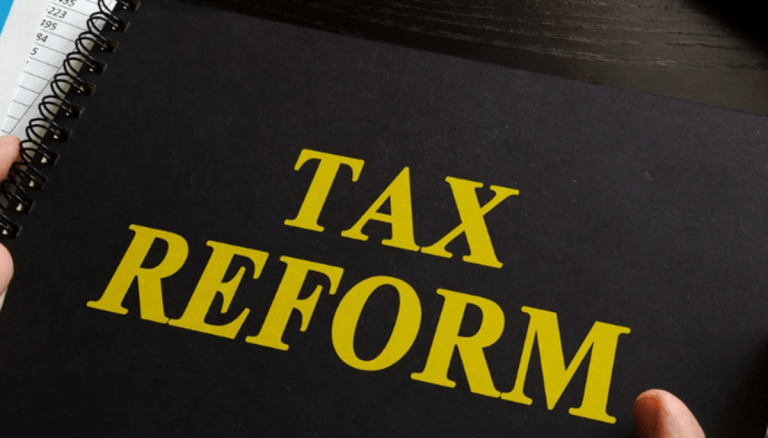Taiwo Oyedele, the Chairman of the Presidential Fiscal Policy and Tax Reforms Committee, clarified on Monday that the primary goal of the tax reform bills currently before the National Assembly is to fix Nigeria’s economy for shared prosperity, not to generate more revenue as some have speculated.
Oyedele made this clarification while appearing as one of the panellists on Channels Television’s Townhall on Tax Reforms.
In recent weeks, the bills have sparked opposition from some state governors, who have called for their withdrawal to allow for further consultation. On Sunday, Borno State Governor, Prof Babagana Zulum, urged his colleagues and Northern stakeholders to reject the bills, arguing that their implementation could harm the region’s economy.

However, Oyedele explained that many misconceptions about the bills have been circulating, with critics often failing to thoroughly review the proposals.
He said, “Our economy is underperforming. We are not growing enough, poverty is widespread and we do not have inclusive and sustainable growth, and there can’t be shared prosperity unless we address those issues. While we face a myriad of issues, the fiscal system, including taxation clearly, is one major area.
“If I want to summarise it, I would say that the fiscal and tax system is like the knee on the neck of our economic prosperity as a people. It is important to state that the primary objective of the reforms is not to generate more revenue. I see people get that wrong every time. It is to fix the economy in a way that there can be shared prosperity.
“If your businesses are growing, expanding within and outside the shores of this country, if our individuals are earning income and thriving, then taxes will be a natural consequence of their prosperity. That is really the fundamental objective of the reforms. So, we know that the work we’re asked to do for our country is such an enormous amount of work, but critical.”
Oyedele also addressed why many believed the Presidency and the National Assembly were working closely together on the bill. He explained that the plan was to have the reform bills completed within a year, acknowledging that Nigeria could not afford to wait four to five years for the process to unfold.
He stated, “If we’re going to take all our time, we would have asked for about four or five years. We knew Nigeria had no luxury of time. We decided we should put in all our efforts to get this done within one year. We have tax laws that are very old and no longer fit for mobiles, including those we inherited from our colonial masters.
“So, we said we’ll use the opportunity of this reform to rewrite those laws so that the laws made by Nigerians for Nigeria to be able to drive our prosperity going forward. And that’s what led to the four bills that we have before the National Assembly today that have been properly summarised.
“So, for households and individuals, including our young population, these bills are looking to exempt low-income earners completely from tax, those who earn about N83,000 per month or N1 million a year.”


